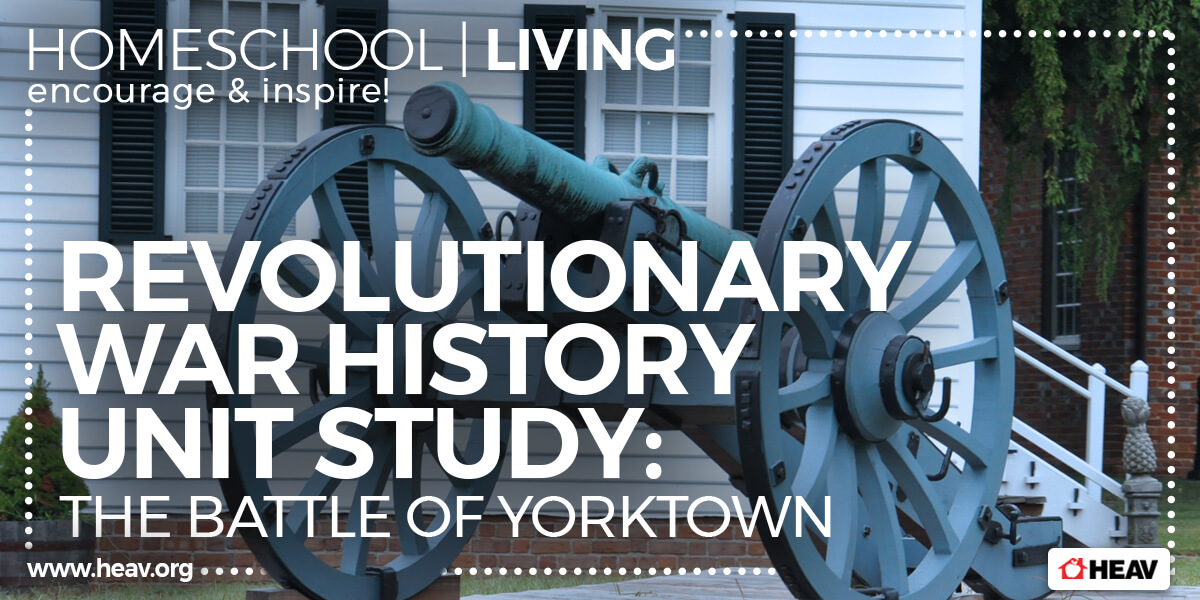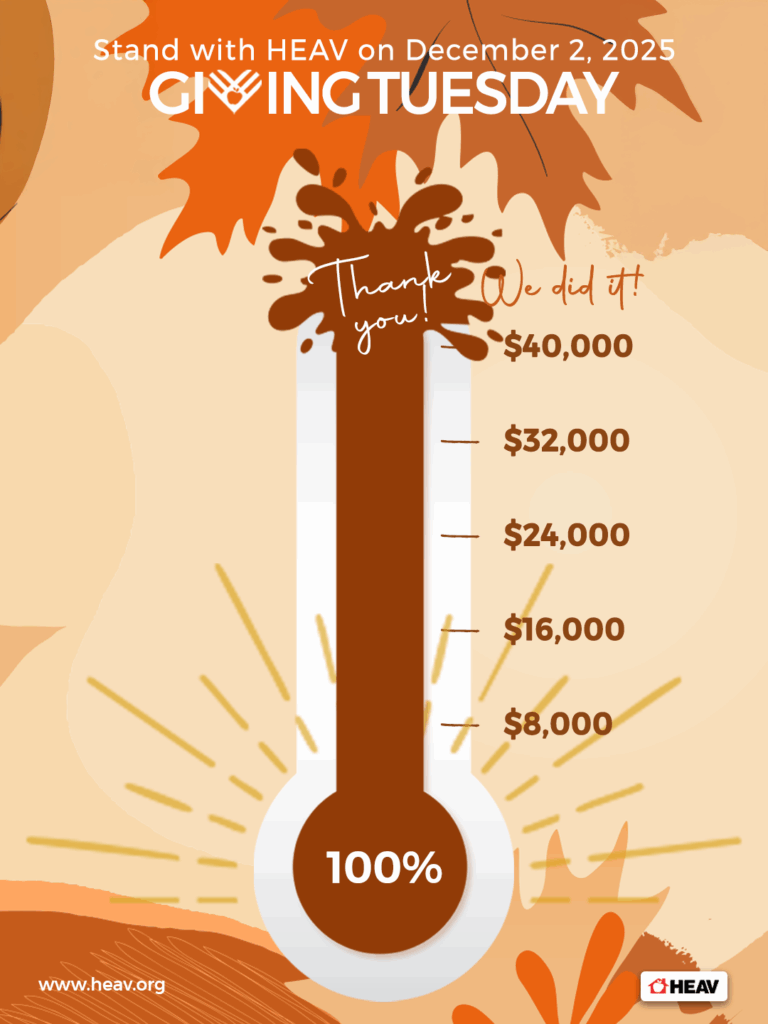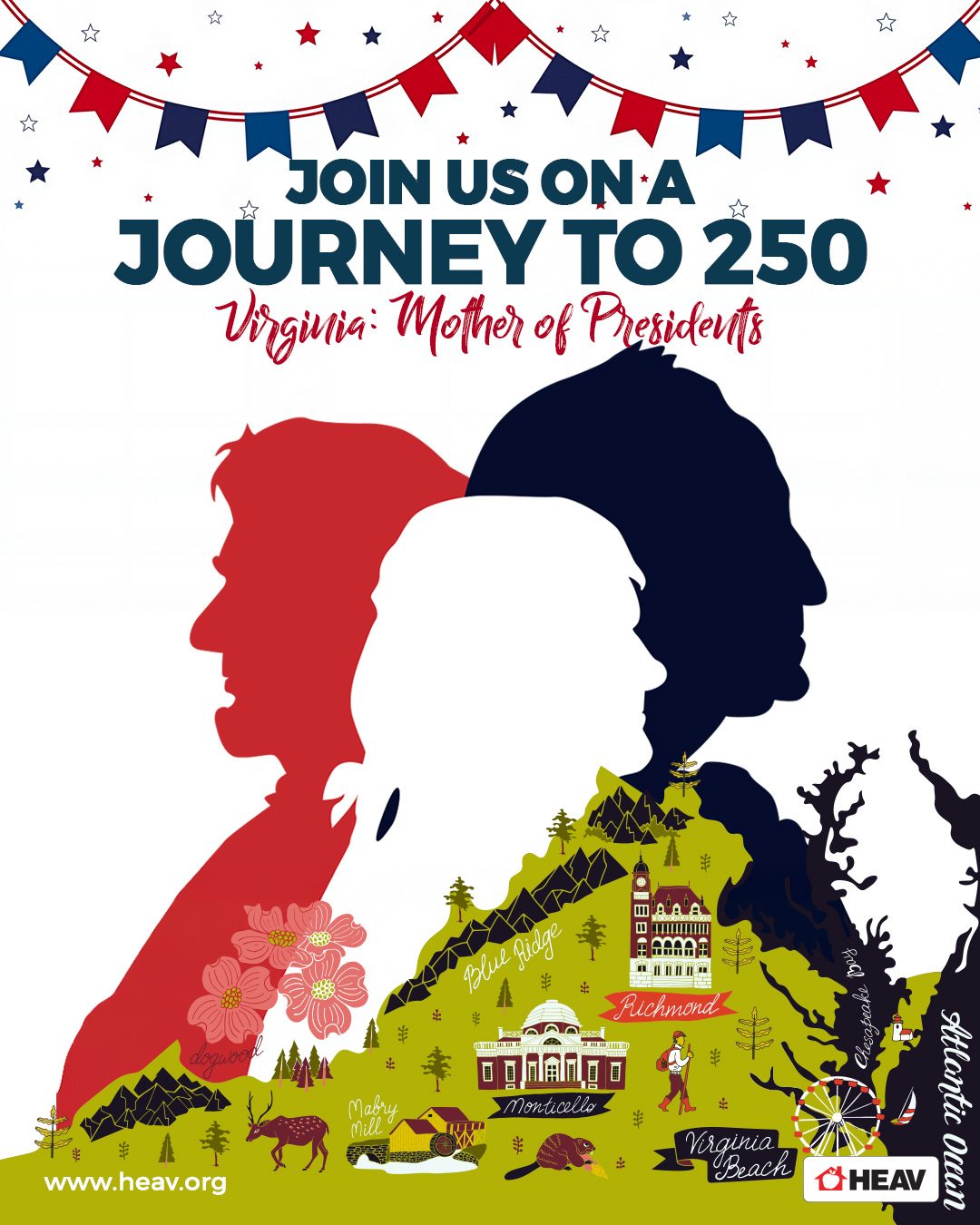Homeschool History: Revolutionary War Unit Study
Getting inspiration for your homeschool history unit study can be as easy as looking at the calendar! A great way to add depth to a study is to explore an event around its anniversary date. Whether you recreate a historical event through roleplaying or use details from the time of year to help create a display, write a report, or convey the setting of an important event, checking out important dates in history is a good place to start when determining a topic to study.
For example, October 19, 1781 marked the end of the Battle of Yorktown, the final major battle of the American Revolution. Check out this Homeschool Living for some ideas on putting together a Revolutionary War unit study
George Washington’s Mount Vernon shares a short video about this decisive battle, “Yorktown: Now Or Never” on its website, complete with study guides and grade-level appropriate secondary source evaluation guides to help students learn to evaluate their research source materials.
Research the story of Nathan Hale and discuss how this ordinary schoolteacher who never fought in a battle and who indeed failed in his final mission made history with a few final words. VarsityTutors.com provides a fairly comprehensive account of Nathan Hale’s short life here.
Homeschool History, Human Affairs, and Honored Culture
Incorporating a variety of subjects is the hallmark of the unit study. One excellent way to incorporate language arts into your homeschool history unit study is to explore the wide variety of related poetry.From familiar classics like Longfellow’s “Paul Revere’s Ride” and Emerson’s “Concord Hymn,” to lesser-know accounts like “Song of Marion’s Men” by Willian Cullen Bryant and “Molly Maguire at Monmouth,” authored anonymously, historical poetry embodies the emotion and personal significance of history in a way that prose cannot. DiscoveryPoetry.com features a long list of poems relating to the Revolutionary War— “Nathan Hale” by Francis Miles Finch will fit nicely into your unit study of the man.
This Revolutionary War lesson plan covers a wide range of events throughout the war and includes a variety of activities for the whole family. Discuss battlefield communications while making your own drums and learning a few simple beats and commands; learn the story of Benedict Arnold and explore ways to encode secret messages; dramatize the naval battle between Bonhomme Richard and Serapis, the setting for Captain John Paul Jones’ famous quote, “I have not yet begun to fight!”; live the life of a Colonial soldier and make hominy for dinner, and much more!
Intrigued by the secret code activities in this unit study? Check out this Homeschool Living to explore more methods of secret communication and their places in history.












